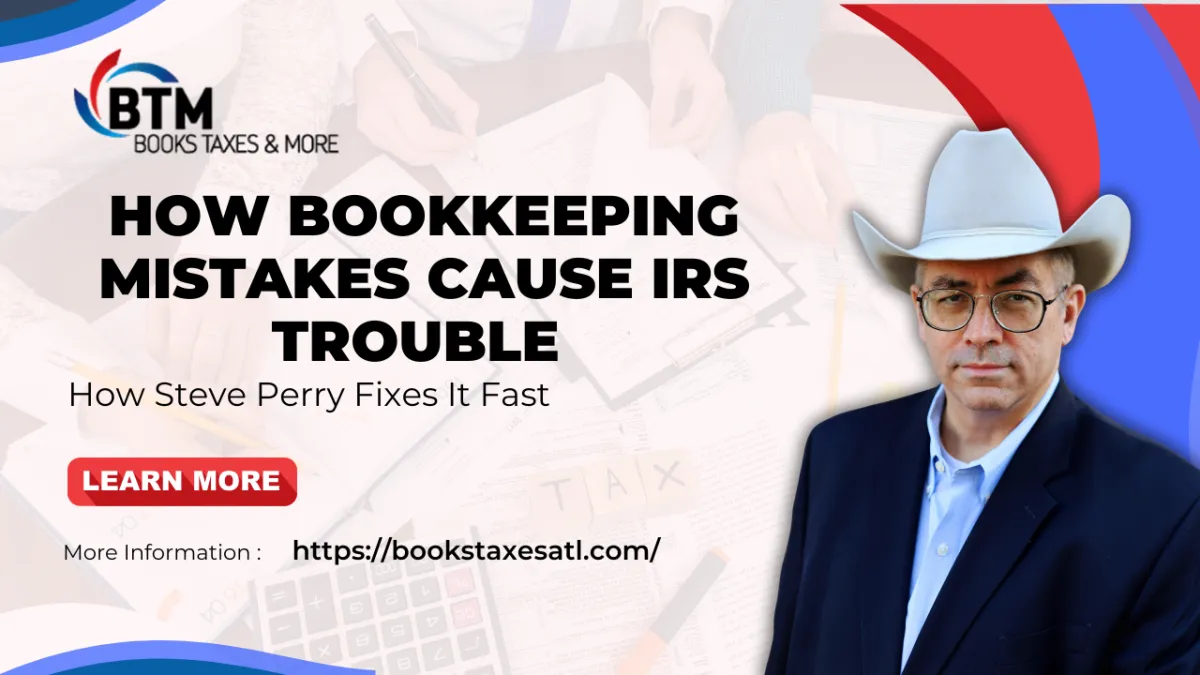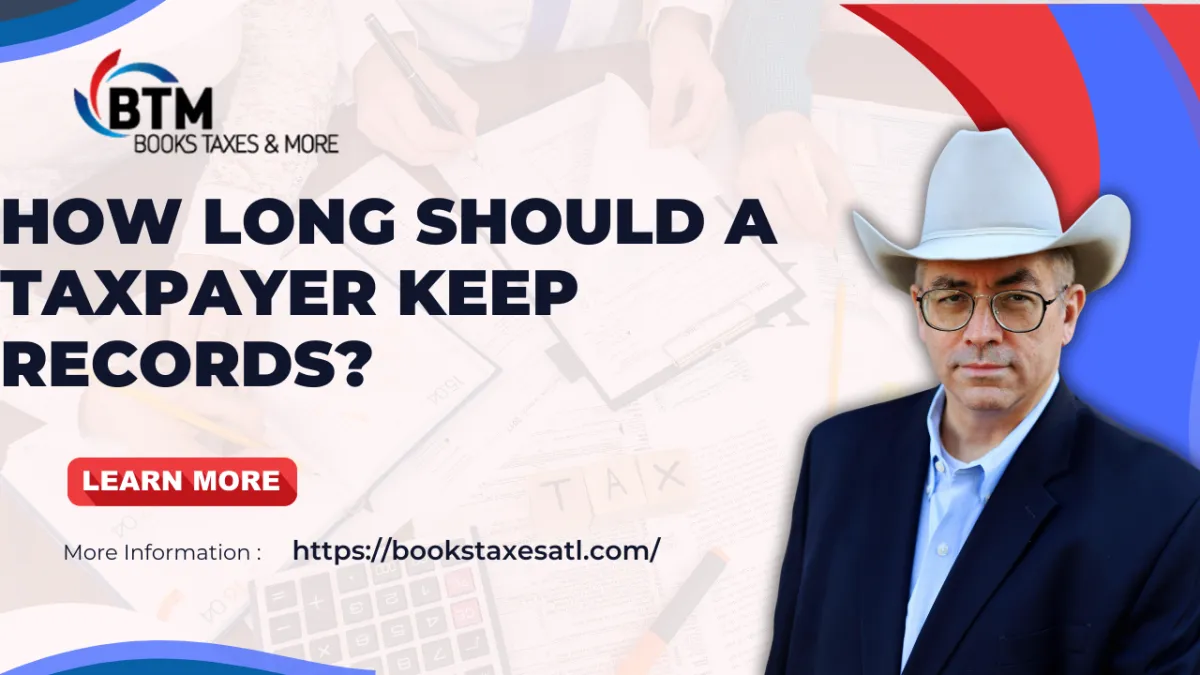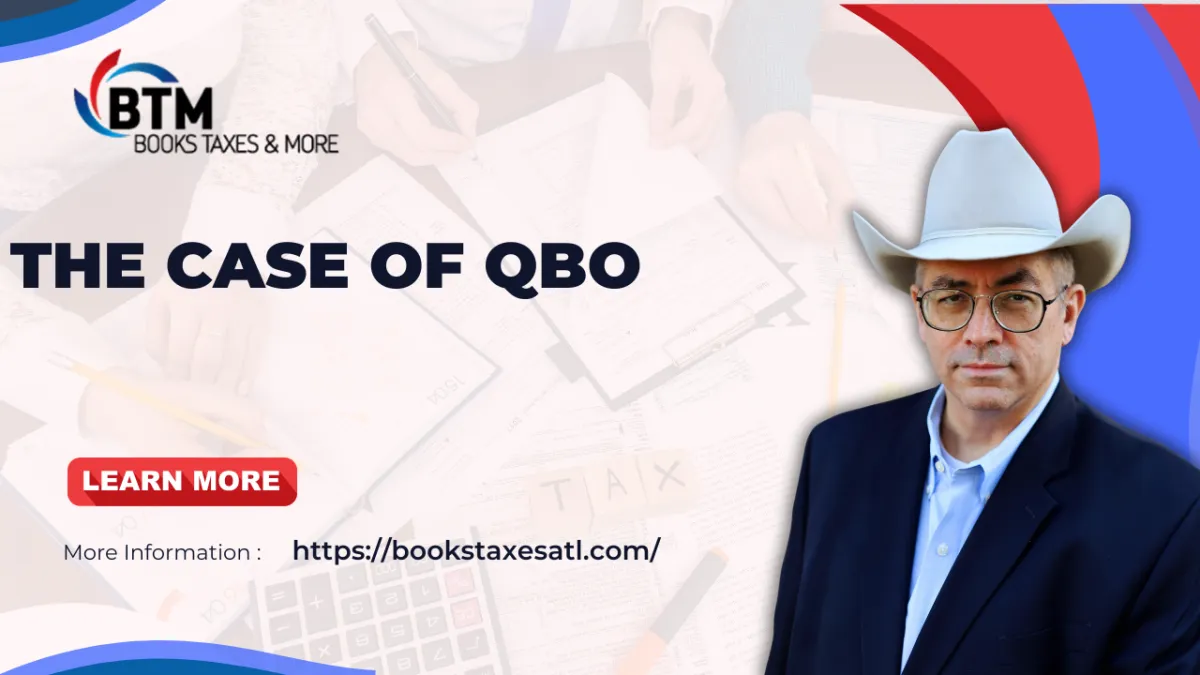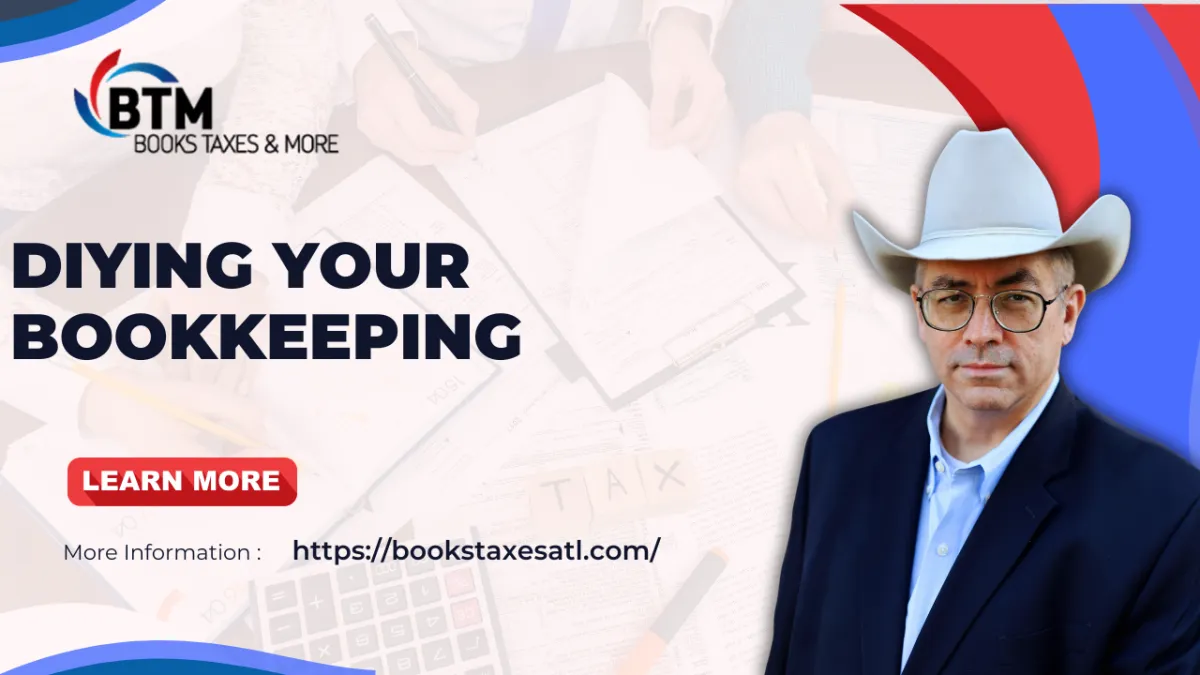How Bookkeeping Mistakes Cause IRS Trouble (and How Steve Perry Fixes It Fast)
Bookkeeping errors can blow up into IRS problems fast. Discover how Steve Perry helps businesses fix mistakes before the IRS steps in.

Bookkeeping errors can blow up into IRS problems fast. Discover how Steve Perry helps businesses fix mistakes before the IRS steps in.

- The IRS typically audits tax returns within three years of filing, but this extends to six years if over 25% of income is unreported and is unlimited in fraud cases. - Certain transactions like real estate sales or business asset depreciation may require keeping records beyond the standard period. - For example, a homeowner who takes a home office deduction must keep all related purchase, improvement, and sale documents until three years after filing the return that reports the home sale profit. - It is advisable to retain such records for at least seven years to ensure safety. - Keeping detailed receipts and documentation of property acquisition, maintenance, improvements, and sale is crucial to protect tax deductions. - Proper record-keeping prevents costly losses during audits or reviews by tax authorities. - For personalized advice on record retention, contacting a tax professional is recommended.

QuickBooks Online (QBO) offers a powerful and efficient bookkeeping solution for businesses of all sizes, especially small businesses. Traditionally, bookkeeping involved paper records or desktop software, often requiring physical transfer of data between business owners and accountants. QBO eliminates these inefficiencies with real-time, cloud-based access. Both business owners and accountants can log in securely at any time, from anywhere, enabling seamless collaboration without delays. QBO allows business owners to handle essential tasks such as invoicing, bill payment, and payment collection. With user-specific access, employees can only view what’s relevant to their roles. While Intuit’s merchant services integrate easily with QBO, business owners should evaluate payment platforms based on individual business needs. The success of using QBO relies on proper setup and training. Its core, the Chart of Accounts, organizes transactions for reporting. A competent accountant should guide initial setup and train staff to avoid costly errors. Once implemented correctly, QBO provides instant financial insights through its dashboard, simplifies compliance reporting, and reduces the need for year-end data gathering. Though not the only option, QBO is the most popular due to its user-friendly design tailored for business owners rather than accountants. With ongoing support and communication, QBO enhances both accuracy and efficiency in managing business finances.

Trying to save money, many small business owners handle bookkeeping themselves, often relying on YouTube and cheap software. But DIY efforts typically lead to confusion, errors, and missed financial insights. Eventually, professionals like Steve Perry, EA, are brought in to clean up the mess—costing more in the long run. Skimping on software is another pitfall; while cheaper options exist, most experts prefer QuickBooks Online for accuracy and compatibility. Lastly, using big-box tax services risks costly mistakes and lack of representation if audited. For reliable, compliant, and tailored financial care, working with qualified professionals from the start is the smarter move.